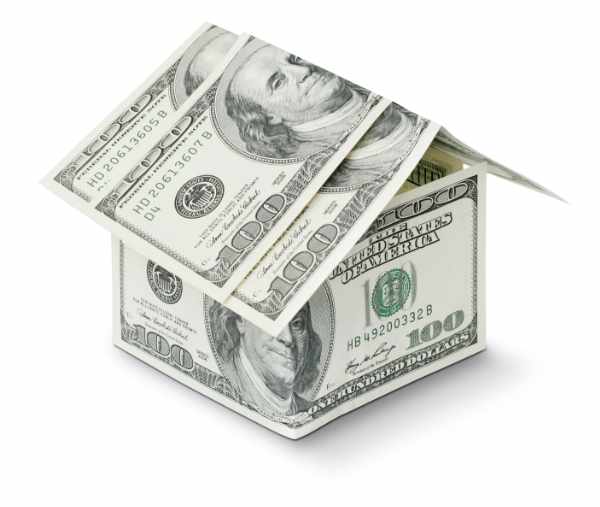Buying a home is a substantial investment and one that comes at a considerable cost. In addition to the purchase price of the property, there are other costs when it comes time to sell. In this piece, we’re going to look at the primary tax benefits to buying a house.

Tax Benefits to Buying a House
Things like Realtor fees and taxes to pay when selling a house. The good news is that there are also a number of tax benefits to buying a house. These help to offset some of these costs. We’ll look at some of the most common tax deductions for homeowners.
Tax Deductions
The IRS offers taxpayers the following deductions which can lower their overall tax liability:
Mortgage Interest
Under this tax incentive, homeowners may deduct the interest they pay on their mortgage loan up to the first $750,000 of the principal. If married and filing separately, the limit is $375,000 each. For mortgage loans taken out before December 16, 2017, the limits are higher, at $1 million and $500,000 respectively.
Mortgage Points
You may benefit from a lower tax bill by paying part of your mortgage payment in advance. The amount you can deduct is based on a point system known as ‘mortgage points.’
Mortgage points can be viewed as a fee homeowners pay to reduce the interest rate on their loan. Just think that one point is typically equivalent to 1% of the loan amount. This will reduce their interest rate by 0.25%.
For example, one point on a $500,000 loan is equivalent to 1% of the loan, or $5,000. The prepaid interest of this amount would lower a 4% mortgage interest rate by 0.25%, taking it down to 3.75%. If certain conditions are met, this prepaid interest can be deducted from your taxable income.
Real Estate Taxes
The state and local tax (SALT) deduction permits taxpayers to deduct certain taxes paid on state and local taxes such as income, sales, and property taxes. This is up to a combined limit of $10,000 per year, or $5,000 if married and filing separately.
Home Office
Under the home office deduction, qualified taxpayers who exclusively and regularly use part of their home as their primary place of business may be able to deduct certain expenses from their taxable income. The amount deductible is based on the portion of the home used for business purposes. The current deduction is $5 per square foot, up to a maximum of 300 square feet.
Home Sale Exemption
Under this exemption, homeowners may benefit from a tax-free sale of their home as the IRS allows qualifying gains up to $500,000 (for married people filing jointly or $250,000 for single people) to be excluded from capital gain tax.
This exemption only applies to the sale of your primary residence and is only permitted once every two years. There is also the requirement to have owned and occupied the property for at least two out of the past five years.
For example, a home bought for $350,000 in 2017 with your spouse and sold today for $850,000 will be eligible for a capital gain exemption of $500,000 resulting in no tax being payable.
Important: These laws and their specific numbers change regularly. Please consult a CPA for your specific situation. Do not consider this article to be financial advice. Simply use the information in this article to inform yourself of the kinds of tax benefits available.
Currently in the US, buying a house offers several tax benefits, including deductions for mortgage interest and property taxes. Homeowners may also exclude up to $250,000 ($500,000 for married couples) of capital gains from the sale of their primary residence. Additionally, certain home improvements may qualify for tax credits.



